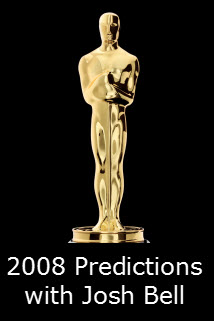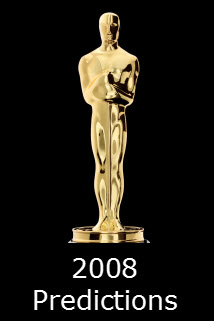Oppenheimer (2023)


Content by Tony Macklin. Originally published on July 24, 2023 @ tonymacklin.net.
In Oppenheimer, director Christopher Nolan sets out to deliver a monumental character study that will grip viewers. He seeks to visualize and articulate eternal dilemmas. He may not grip all viewers, but Nolan delivers on his quest. It's a phenomenal achievement.
Oppenheimer basically is a biopic - part thriller, part love story, part horror story, part political drama, part search for redemption. But it's all character study. It's an all-enveloping character study.
Nolan is served well by his stellar cast. Cillian Murphy has to be the favorite to win the Oscar for his portrayal of the actual figure who led to the creation of the atomic bomb that was dropped on Japan's cities Hiroshima and Nagasaki in World War II.
Murphy seldom blinks as the wide-eyed, brilliant theoretical physicist who lived an erratic professional and personal life. It's an effective acting technique.
Nolan has a character and a film in which he can explore one of his major themes - dualities. Oppenheimer is the personification of duality. He is material and spiritual, selfish and generous, vain and insecure. He builds a bomb that fulfills his scientific purpose, but the bomb also unleashes his sense of morality. Does a bomb help keep peace, or destroy it?
Nolan is supported by a stellar supporting cast, some almost unrecognizable. Is that Gary Oldman as President Truman? Who is that as Einstein? And is that really Robert Downey, Jr. as Lewis Strauss? Downey should get a Supporting Oscar nomination. No longer cast in iron, Downey breaks through with a furious performance as Oppenheimer's adversary. Matt Damon effectively portrays Leslie Grove, the army officer who chose Oppenheimer to lead the project.
Florence Pugh is winsome as the zealous leftist and young love interest for Oppenheimer. They remained loyal to each other. Emily Blunt humanizes a difficult role as Kitty Harrison who married Oppenheimer, but who hated domesticity. She has a terrific sequence when she stands up for her husband under an attack from a Security committee.
The slew of other able actors include Kenneth Branagh, Casey Affleck, Rami Malek, et al.
Oppenheimer is based on a book by Kai Bird and Martin J. Sherwin.
Nolan's film is divided into three sections - Oppie's early evolution, his building of the bomb, and his endurance of political attacks during the Cold War. It may be hard to find something to root for in the first two sections. The building of the bomb? But in the third portion, we may empathize with Oppenheimer who is under unjust attacks.
Obviously, Nolan is a gifted stylist, but Oppenheimer may be the film that most lends itself to his non-linear style.
He is vastly aided by the cinematography of Hoyte van Hoytema and the music by Ludwig Goransson. The cinematographer had to come up with a way to render black and white photography in an IMAX form, to equip theaters that showed an IMAX version.
His cinematography is vivid and his black and white credible. Nolan doesn't use any footage of the dropping of the atomic bombs. He doesn't want to affect our emotions. He wants us to think.
Goransson has said that the 3-hour film has about 2 1/2 hours of music. The vibrant music, based on violins, enhances the activity. On a few occasions, it could be considered a bit intrusive. But music is one of Nolan's prime assets.
In The Dark Knight (2008) director Nolan had a crucial scene in which Joker threatens two ferry boats full of passengers. One is filled with criminal prisoners, the other with citizens. He has an explosive device in each and informs the two boatloads they must blow up the other to survive.
Ultimately a prisoner (Tom Lister) throws away the device, and in the other boat a man decides not to use it. Batman says to Joker, "This city just proved that it's full of people ready to believe in good."
In what world? In 2008 it seemed impossible. In 2023 it seems ridiculous. Today many people want to kill anyone who doesn't believe the ignorance they do.
Nolan got it wrong.
In Oppenheimer he gets it right. At Los Alamos, they explode the bomb. (Ironically, a button would have stopped the test.) And then they drop two atomic bombs on Japan's cities.
Oppenheimer could be subtitled, "After the Fall."
J. Robert Oppenheimer had to live with that.
Nolan wants us to.





